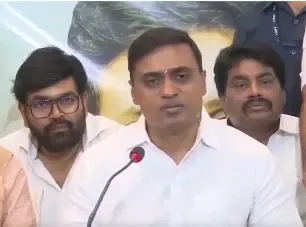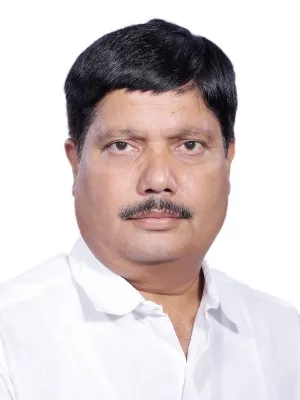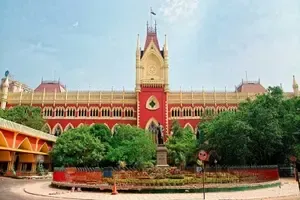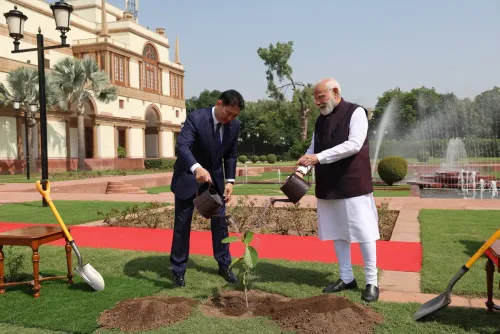Siddaramaiah: Religion Cannot Thrive Amidst Discrimination and Hierarchies
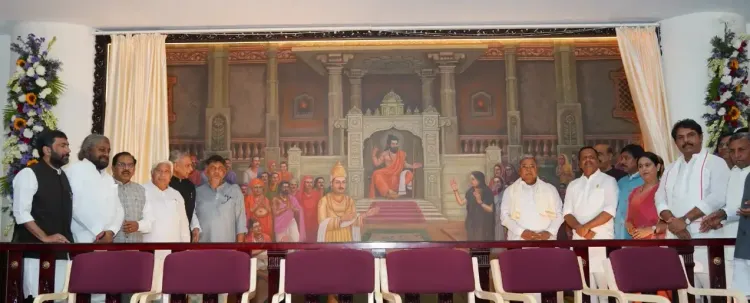
Belagavi, Dec 9 (NationPress) Karnataka Chief Minister Siddaramaiah expressed admiration for the social reformer Basavanna, asserting that religion cannot thrive amidst hierarchies or discrimination.
“Basavanna, a 12th-century social reformer, taught us that compassion is the essence of religion, and he articulated this in a manner accessible even to the uneducated. Religion cannot exist with hierarchies or discrimination,” the Chief Minister stated after unveiling the painting of Anubhava Mantapa.
“It is my privilege and a great honor to unveil this painting. Basavanna and his followers instigated a notable social revolution in the 12th century aimed at eradicating inequality, caste discrimination, and exploitation. Their vision sought to establish a caste-free and equitable society,” he remarked.
He noted that during those times, marriages were dictated by caste, and people's value was assessed not by their talent or capabilities but by their caste and varna.
“Leaders such as Leader of the Opposition R. Ashoka, former Dy CM C.N. Ashwath Narayan, BJP MLA Basanagouda Patil Yatnal, and I, along with Home Minister G. Parameshwara, Minister for Law H.K. Patil, and Minister for Food K.H. Muniyappa, are all Shudras. Historically, individuals like us have endured discrimination solely based on caste,” Siddaramaiah highlighted.
He asserted that the caste system has been preserved by those who gain from its inequalities, pointing out that they are the ones perpetuating this discrimination.
“Kuvempu, a legendary author in Kannada literature, stated that all human beings are born equal, and Kanaka Dasa, a 15th-century saint, poet, and social reformer, urged us not to segregate ourselves by caste. These sentiments resonate profoundly with Basavanna’s teachings,” the Chief Minister stated.
He remarked that Anubhava Mantapa is reminiscent of contemporary legislative assemblies and Parliament, as it was inclusive, bringing together representatives from all castes and women.
“Allama Prabhu, a member of a marginalized community, held the presidency. Historical evidence also showcases that such inclusive forums existed in Buddha’s era, incorporating representatives from all castes and religions. We must heed Ambedkar’s wisdom: Those who don’t understand history cannot forge history. Education was once withheld from Shudras and women, but Basavanna and his followers rejected this practice, promoting inclusivity in their society,” he said.
The Chief Minister remarked that Ram Manohar Lohia aptly noted that the caste system has paralyzed our society, asserting that genuine progress can only occur when we facilitate economic and social mobility.
“The caste system is akin to filth settled at the bottom of a well. When disturbed, it shifts momentarily, but soon resurfaces. Basavanna’s vision, even 850 years ago, sought to create a society devoid of these barriers. I take pride that, during my tenure, we have unveiled the painting of Anubhava Mantapa. It serves as a fitting tribute to Basavanna’s enduring legacy,” concluded the Chief Minister.

